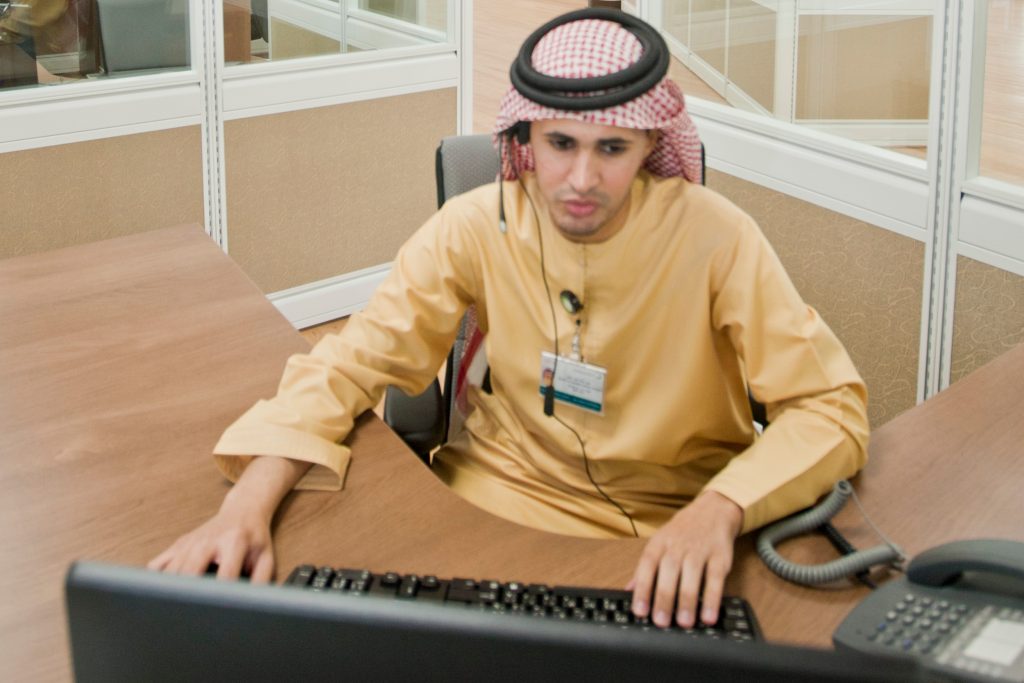Here in the Middle East, we have an eclectic, transient workforce with people hired from all over the world. Whereas companies in Western Europe and the US often focus on domestic hires, the Middle East (and the UAE in particular) hires from a global pool of candidates to secure talent. When it comes to background checks, this means that employers may look a little deeper into their candidates’ backgrounds; for example, running a criminal check on a candidate’s previous countries of residence to get a more thorough picture of their past activity.
Compared to the UK and some other European countries where screening is more established, the Middle East is still learning about background screening. For some industries, it’s a compliance tick box that they are required to complete, but for others, it’s seen as more of a “nice to have.”
In this article, I will talk about some of the regional challenges faced when conducting background checks in the Middle East, the evolving screening landscape, and the importance of having an in-region presence to support both global and local customers.
Regional challenges
There are many countries in and around the Middle East where source verifications can take a little longer than the rest of EMEA to complete. With screening being a more recent development here and less widespread than in many European countries, it can sometimes be difficult to get responses to verify information at source.
While we do all we can to meet our target turnaround times, source verifications may take longer than the other background check components, so it’s important for us to manage customer expectations when conducting checks on candidates in the Middle East to ensure these potentially longer turnaround times are factored into their recruitment timelines.
Additionally, there can be a big cultural difference between the UK and the Middle East, which is important to understand to help support EMEA businesses operating in both territories through the screening process. For example, it can sometimes be difficult to support local candidates with a more laid-back approach to background screening, as they may not see the importance of providing their information in a timely manner and the impact of not doing so may have on their time to hire.

Furthermore, the local infrastructure in place to support verifications at source in the region can also be a challenge. Many sources still need to be verified by somebody physically going to check the information at source, for example criminal checks at a local courthouse.
Recent changes in screening
Over the last five years, background screening in the Middle East has become more popular. For more and more organisations, background screening is becoming a part of the standard hiring process, whether that be for projects hiring contractors or organisations simply hiring full-time employees.
There has been a large growth in the education and understanding of screening in the region. Whereas previously companies didn’t need or want to look at background screening, there is now a much greater appetite for it. Businesses will also now typically understand more about what the screening process will usually include – for example, criminal and security checks and academic verifications.

In the last two years, much like the rest of the world, employers in the Middle East have become a little more cautious around who they are working with due to having large numbers of people working from home.
Additionally, new regulations are soon to be introduced in Saudi Arabia and the UAE which will impact both the financial services sector and the free-trade zones – including Abu Dhabi Global Market (ADGM), Dubai Multi Commodities Centre (DMCC), and Dubai International Finance Centre (DIFC). These new regulations may soon have an impact on the requirements for background screening in the region and, as things continue to develop, I see background screening become a more integral part of the onboarding process for a wider range of organisations.
The importance of a local presence
Having an Arabic-speaking presence in the region is hugely important. With some of our largest customers in EMEA based in the Middle East, the fact that they know that we are in the region, and we have that local knowledge and expertise to service their needs is key. For our global customers, it is reassuring to know that we have on-the-ground support in every region in which they operate.
From our office in Dubai, we support customers from many different industries in the Middle East. These include some of the largest banks in the Middle East, local government and quasi-government organisations and many large multinationals and premium global brands in finance, pharmaceuticals, construction, education, and global consulting operating in the region. We also support smaller local businesses covering a full range of verticals.
The combination of speaking the language and being able to meet in person (outside of pandemic restrictions, of course) makes a significant difference in the Middle East, makes it much easier to build trust and goes hand in hand with the more traditional and personal way that business is typically conducted in the region.





